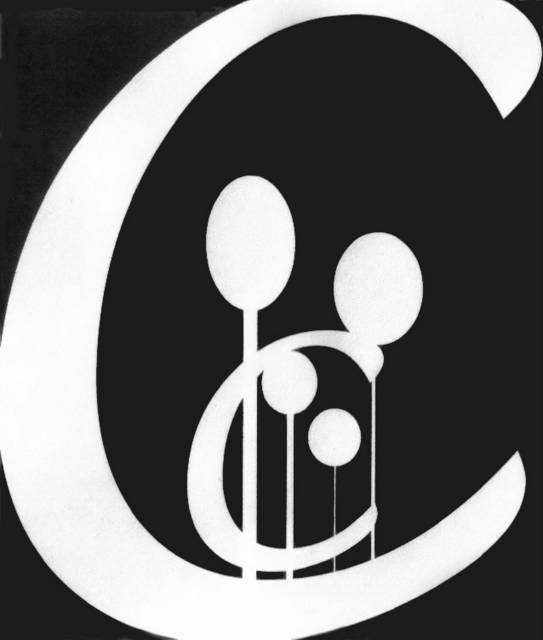Comment by Jay Cuasay
I think it would be helpful if both sides of the debate agreed on some common language so that we do not simply talk past each other to reiterate our own steadfast positions. We would all be on the same page if we viewed the fertilized egg outside of the womb as potential human life (if implanted) and something certain to die/disintegrate (outside of the womb).
I would find the opposition more convincing if it did not try to associate stem cell research with the issue of abortion, where it views abortion as the taking of innocent, human, life. It should argue instead that it is opposed to the active intervention such research causes (outside of the womb), which advantageous though it may be, is inappropriate at such a time. Their slogan and sentiment seems to be: “Let them die in peace (outside the womb).”
Supporters might note that we would take a dying person's cellular materials for beneficial use if it was under the right conditions and not if it denied proper "human" dignity to the event. A similar ethical protocol could be enacted. A similar one is already in place to handle the discarding of such materials. And it should be noted that where science may appear too clinical to completely handle the enormity of this event, we have other psychological, theological, and spiritual means for understanding and processing these events, as well. Why not develop a way that gives a larger “humanity” and dignity to such an event? Their slogan could be: “Don’t just let us die, help us help someone else.”
Personally, the opposition to stem cell research in its heart may come from a right place morally. But it poorly stretches the skin of simplistic rhetoric to inadequately cover a vast body of issues. We need to be more complex and serious about the totality of this life and death event rather than playing chicken with it.
President Bush's initial decision to allow for stem cell research on existing stem cell lines was great politicking, but it makes no sense. It works in the sense that it is in effect, but it also lets the genie out. Other countries not bound by such self-contradictory laws will move forward and produce their own findings. We will still need to reconcile such activities and findings with our own clinical and moral inactivity. To handle this with our full human capacities, we ought to let theologians, scientists, et. al. have their say. And they should use the BIGGER words they have because the politician's vocabulary and thinking on this isn't effective and it isn't an answer.
Thursday, May 26, 2005
Subscribe to:
Post Comments (Atom)

1 comment:
The problem with the whole "these embryos are going to destroyed anyway so lets use their parts to save lives" argument is that there is a very limited supply of such embryos available for research. Certainly, not enough to build a library for tissue-matching. The above argument is a red-herring. Once we get comfortable destroying existing human life for research purposes, we can then start creating life for the same purpose, whether through traditional IVF or through cloning. Beware. Embryo and fetal "farming" is on the horizon.
Also, embryology clearly states that human life begins at conception whether or not it happens inside the womb.
Post a Comment